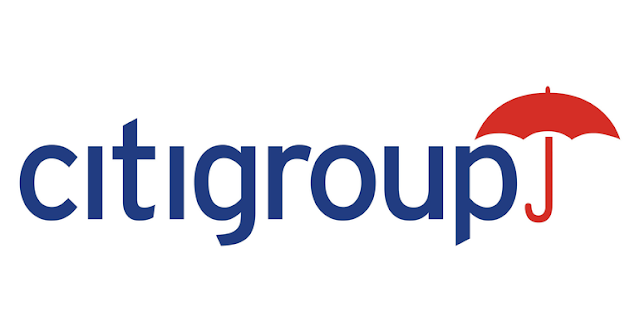Banking giant Citigroup recently announced the launch of the $150 million Citi Impact Fund. (We have long been concerned with Citi, having filed an October 1998 petition in the US Court of Appeals for the DC Circuit (Case Number 98-1459) concerning the merger that created the bank. In our appeal, we noted that our economic models showed evidence that growing financial market malfeasance greatly exacerbated risks in financial markets, and that this would lead to a financial downturn.)
Citi now claims it “will make equity investments in ‘double bottom line’ private sector companies that have a positive impact on society.” These investments in U.S.-based companies (not individuals) will be made using the bank’s own capital. Citi states that it is looking for innovative companies in workforce development, financial capability, physical and social infrastructure and sustainability.
Citi has committed to providing seed funding for businesses that are led or owned by women and minority entrepreneurs. According to the bank, you do not have to be a Citi customer in order to be considered by the fund.
Citi’s announcement has been received positively, especially in the black business community. I think the announcement is a positive one, because of the potential that other banks may follow Citi’s lead and create additional equity funding vehicles targeting minority and women businesses.
We must place this action in the context of recent impact investing developments. Blackrock, the world’s largest investment firm, announced that they would be “making investment decisions with environmental sustainability as a core goal in meeting their fiduciary obligation to clients.” This concern with social issues is new.
Citi’s announcement must, likewise, be viewed in the context of current banking industry activity. JPMorgan Chase, the country’s largest bank, last week reported record profits of $36.4 billion in 2019, the highest annual earnings any U.S. bank has ever reported. Citigroup itself announced its best results since the 2008 financial crisis, reporting $19.4 billion in profits for 2019.
Given these profit levels, we expected that banks would seek to address income inequality, especially in light of the attention this issue is getting on the presidential campaign trail. Two Democratic frontrunners — Sens. Elizabeth Warren (Mass.) and Bernie Sanders (I-Vt.) — have made income inequality a key issue. In addition, the #MeToo movement helped raise serious concern about the gender pay gap. This fund may be Citi’s way of getting in front of these issues.
According to the bank, the new fund is being run by the Global Public Affairs unit, which includes Citi Foundation, Community Development and Inclusive Finance. It is being managed by the same executive who established Citi’s affordable housing finance business. We note, however, that the Global Public Affairs unit is not a core, bottom-line impacting operational division of the bank.
Whether or not the fund will actually help black businesses depends upon the allocation of funds to each minority group; that is, it depends upon the number of dollars invested in black, white women or Asian or Hispanic businesses. Citi is silent on this.
While $150 million sounds like a lot of money, it is 0.8 percent of Citi’s profits. Equity financing needs in the black business sector are at least $20 billion, based on demand in this sector, which we calculate by looking at total black loan applications, loan rejection rates and the potential number of new black-owned firms.
We also note that, as reported by Black Enterprise Magazine on Jan. 13, “Black business owners are being denied business loans from banks despite having good credit scores and showing consistent annual profits.”
We have reason to hope that this fund may be fairer.
